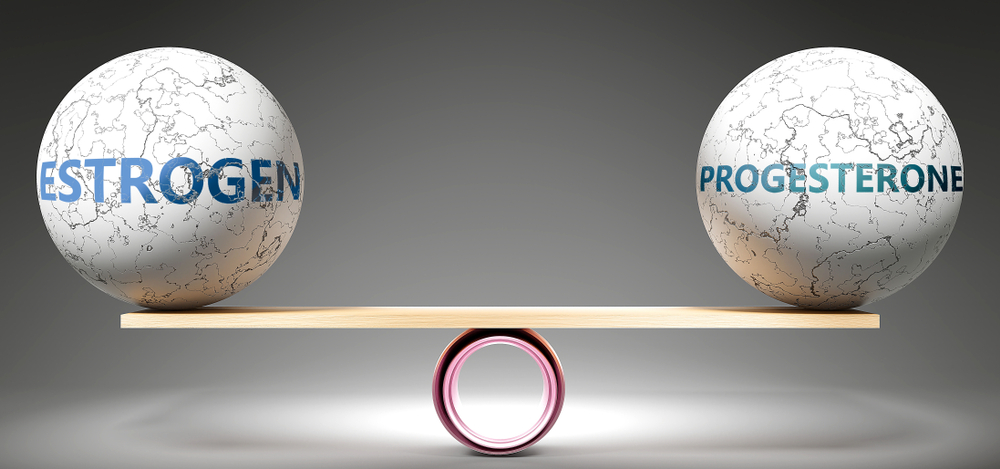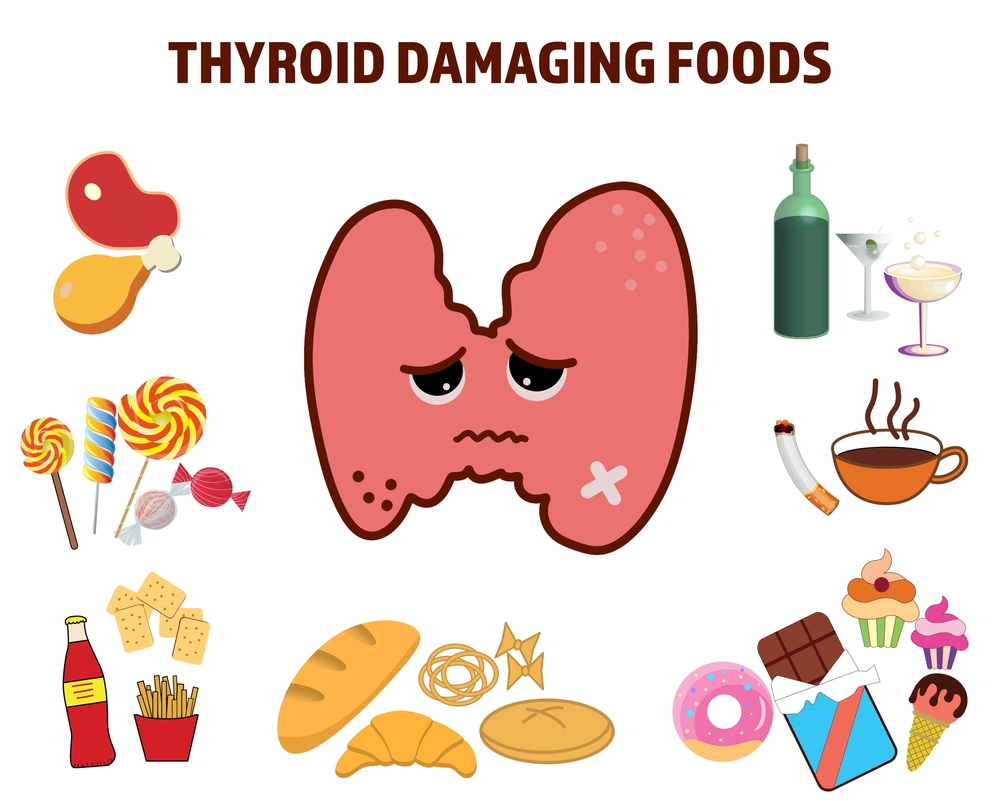Our bodies experience hormone changes as we age. While it may sometimes feel overwhelming as
natural forces take over, understanding is the first step towards finding balance.
Several factors are involved in combating hormone-related weight gain after 40. Interestingly, these separate aspects are linked, and weight loss depends on the entire system’s health. Let’s look at the common imbalances that occur and their effect on our body.
Cortisol
Unsurprisingly, we start with cortisol, the stress hormone. It’s amazing how much damage can be done when this hormone is out of balance.
We need this to combat stress and manage our day; yet, as we age, we experience this hormone go into extreme hyperdrive and crashes, sometimes within the same day. While cortisol spikes in the morning are normal and help us start our day, many can start experiencing the spikes at night, leading to a lot of night anxiety and insomnia. We may experience a major crash in the afternoon while there is still so much to do.
Our resistance levels to stress declines resulting in overeating, insomnia, and belly weight as the body holds on to weight when under duress.
So, what do we do? Avoiding stress is not always easy, but some herbal supplements can help. These four adaptogen herbs help to balance cortisol whether it is too high or too low:
- Ginseng
- Holy Basil (Tulsi)
- Ashwagandha and
- Rhodiola Rosea
The resulting stress resistance has an impact on the entire body. It can balance sleep, mood swings,
cravings, and general wellbeing.
Estrogen and Progesterone Balance
When the body goes into stress overdrive, it often can’t produce the amount of cortisol needed to resist stress. As a result, the body steals compounds needed to create progesterone to make more cortisol, leading to a progesterone deficiency. This is a hormone vital not only to reproductive and hormone health but also necessary for balancing estrogen levels.

Estrogen and progesterone exist on a scale: when one gets low, the other gets too high. This is linked to a common experience by women over 40 known as estrogen dominance. One of the problematic symptoms of estrogen dominance is an increase in belly fat. On the other hand, if estrogen gets too low, an increase in weight can also occur around the midsection, hips, and thighs since estrogen regulates glucose and lipid metabolism.
The only healthy option is to preserve optimum estrogen levels, so they don’t get too high or too low. A healthy colon and liver will eliminate excess estrogen; having a healthy diet high in fiber, fruits and vegetables is a great start. Reducing stress and getting adequate sleep is also an extremely important thing to do for your hormone health. DIM is a supplement that will greatly help you to metabolize excess estrogen and Vitex, also known as Chaste Berry, is an incredible herb for keeping the balance of estrogen and progesterone in check.
Thyroid
The balance between the cortisol and thyroid hormones, referred as part of the hypothalamic- pituitary-adrenal axis (HPA) function, is extremely delicate and important. The thyroid is responsible and works with your adrenal glands for maintaining a healthy metabolism. When stress is consistently elevated, it wears on the thyroid function, potentially inhibiting its ability to produce thyroid hormones. The result is a slowing of the metabolism and a destabilizing of insulin levels in the body. The low thyroid function heightens cortisol levels, and a negative feedback loop sustains the disfunction, resulting in weight gain.

Managing stress, getting enough sleep, healthy eating, and doing cortisol-lowering actions such as meditation, yoga, and walking can help to balance the thyroid. Cordyceps is a mushroom that is often used in Asia to help thyroid function. Thyroid support supplements containing iodine and stress support adaptogens can also help balance the thyroid.
Insulin
Alongside the hormones above, it’s easy to see that a rise in insulin, resulting from hormone and lifestyle imbalances, is a root cause of weight gain. Since insulin regulates the absorption of sugar (glucose) by the cells, it is essentially your fat storage hormone that tells your body to gain and hold onto weight in the midsection of the body.
If the other hormones are kept in check, healthy insulin levels can result. This is dependent on reducing stress, getting enough sleep, and eating a high fiber diet with organic fruits and vegetables. Keep your exercise to the cortisol-lowering variety such as walking, yoga, swimming, and Pilates. Make sure you get the vitamins and minerals necessary to keep your thyroid and body, in general, healthy.
Above all things, if you feel unwell or out of balance, we recommend you also see a trusted doctor.






